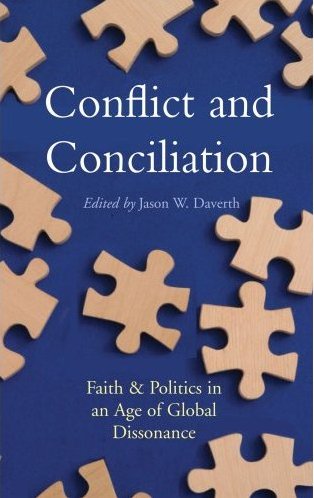Court victory for "Citizen Journalists"
I saw this post from AP the other day:
The government concluded its "Cyber Storm" wargame Friday, its biggest-ever exercise to test how it would respond to devastating attacks over the Internet from anti-globalization activists, underground hackers and bloggers.
Bloggers?
I don’t know how much of this writer’s surprise was feigned for dramatic effect, but if it was genuine then he’s clearly been living in mud-brick hut for the last few years.
Anybody who went to college might remember the Society for Creative Anachronisms (SCA), those fun folk who dress up in medieval garb, occasionally do battle at the park, etc.? The group is actually quite organized and apparently each region of the country has their own rulers, courtesans, etc. whose “known world†consists of 19 kingdoms with 30,000+ paid members (there are countless others, paid membership is only required to hold office).
Anyhoo, I’ve come into contact with a few of these groups in my day, many of whom will cheerfully brag that the SCA is on some kind of spook CIA/FBI watch list since, being so organized, they pose a clear and present threat to the existing government. I have no idea if that is true or not, but if so, it pales in comparison to the amount of influence posed by modern-day netroots. With hundreds of thousands of daily visits to some of these sites (alas, not this one) a single post can ripple throughout most of the citizenry within hours.
With this amount of unchecked influence, my only surprise is that the powers that be are not trying more aggressively to shut it down. Not that they haven’t been trying. Well, this little court precedent ought to come in quite handy in that regard:
In what the EFF called a "major victory" for bloggers and citizen journalists, The Sixth Appellate Court of the Court of Appeal of the State of California rejected Apple Computer's attempt to force disclosure of sources by two blogs (AppleInsider and PowerPage.org) by ruling that bloggers and citizen journalists are entitled to the same legal protections as journalists working for corporate media entities. Specifically, the bloggers were entitled to protection under the California reporter's shield law.
SNIP
We decline the implicit invitation to embroil ourselves in questions of what constitutes "legitimate journalis[m]." The shield law is intended to protect the gathering and dissemination of news, and that is what petitioners did here. We can think of no workable test or principle that would distinguish "legitimate" from "illegitimate" news. Any attempt by courts to draw such a distinction would imperil a fundamental purpose of the First Amendment, which is to identify the best, most important, and most valuable ideas not by any sociological or economic formula, rule of law, or process of government, but through the rough and tumble competition of the memetic marketplace.
"We are pleased that by ruling as it did, the California courts have discarded the obsolete notion that practicing journalism is somehow a function of 'sociological or economic formula'," said MBA President Robert Cox. "Bloggers who practice journalism are journalists. Period."









